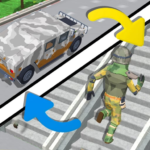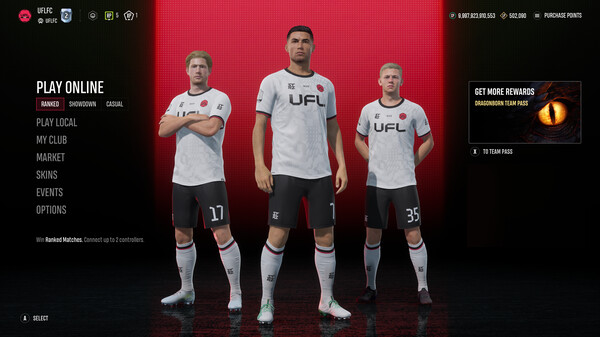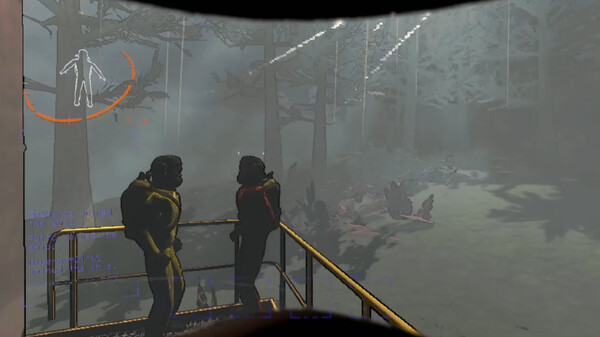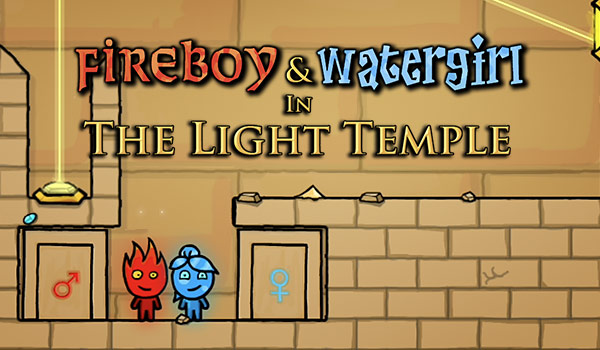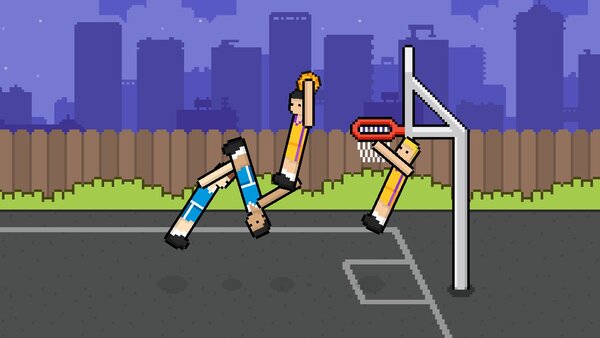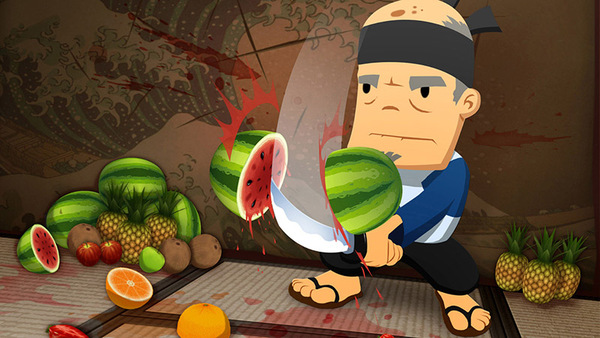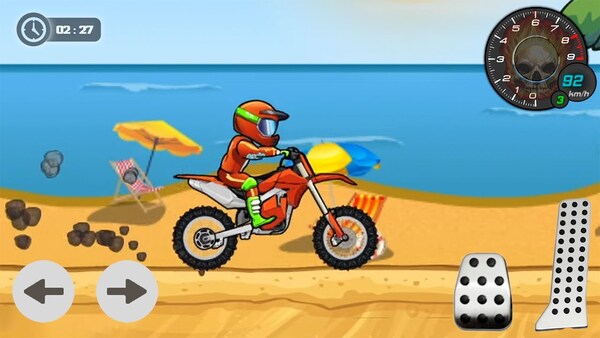Valorant – Tactical Precision Meets Hero Shooter Flair
Introduction: The Evolution of Competitive Shooters
Valorant, developed by Riot Games and released in 2020, is a 5v5 tactical first-person shooter (FPS) that blends the precise gunplay of Counter-Strike with the abilities and flair of Overwatch. With tight mechanics, agent-based strategies, and high-stakes rounds, Valorant has quickly become a staple of the competitive esports scene.
It’s a game where milliseconds matter, and teamwork is as crucial as aim—a modern evolution of the tactical FPS formula.
1. Visual Style and Presentation
Minimalist Yet Expressive
Valorant embraces a clean, stylized visual identity, prioritizing clarity and competitive visibility over hyper-realism. The vibrant colors, distinct character silhouettes, and readable environments make it ideal for both play and spectating.
Unique Agent Designs
Each Agent features a distinct personality, color scheme, and animation style, reinforcing their roles and powers without distracting from gameplay.
Pros:
-
Easy-to-read visuals in high-stress situations
-
Creative yet functional agent and map designs
Cons:
-
Some find the cartoonish aesthetic too simplistic
-
Visual effects can clutter screens in chaotic moments
2. Core Gameplay Loop: Tactical, Clutch-Oriented
Attack or Defend in High-Stakes Rounds
Each match of Valorant is structured around planting or defusing a Spike (bomb) over a maximum of 25 rounds. Every player has one life per round, making every move matter.
Economy, Aim, and Strategy
You must manage your economy, out-aim opponents, and coordinate team utility to win. It’s as cerebral as it is mechanical.
Pros:
-
Highly competitive with endless skill ceiling
-
Rewarding clutch potential and comeback moments
Cons:
-
Can be punishing for casual players
-
Long matches (30–40 mins) may deter some players
3. Controls and Mechanics
Crisp and Responsive Movement
Valorant features precise mouse aiming, tight movement, and minimal latency. Every bullet matters, with no spray-and-pray tactics—accuracy is king.
Agent Abilities as Utility
Abilities are not replacements for skill, but tools that complement gunplay—smokes, flashes, walls, and recon utilities add layers of tactics.
Pros:
-
Clean gunplay and refined input response
-
Smart integration of utility without breaking balance
Cons:
-
Steep learning curve for mechanics like counter-strafing
-
One-tap headshots may feel unforgiving for beginners
4. World and Map Design
Mirrored but Strategic Maps
Valorant maps are built with balanced lanes, chokepoints, and elevation, offering fairness and depth. Each map often includes unique features, like teleporters (Bind) or rotating doors (Lotus).
Focus on Strategic Positioning
There are usually 2 or 3 sites to defend/attack, with routes designed for crossfire setups, fake-outs, and rotations.
Pros:
-
Every map encourages teamwork and strategic depth
-
Frequent map pool updates keep gameplay fresh
Cons:
-
Some maps feel defender- or attacker-sided depending on patch
-
Map familiarity takes time to build for new players
5. Story and Lore
A Sci-Fi Conflict Behind the Gunfights
Valorant introduces an expanding lore, featuring Radiants (powered humans), covert organizations, and a multiverse conflict with alternate Earths.
Narrative Through Voice Lines and Media
The story unfolds via in-game dialogue, agent interactions, cinematics, and comic drops, but it’s more optional flavor than core to gameplay.
Pros:
-
Interesting characters and worldbuilding
-
Riot continues to build lore through media and updates
Cons:
-
Story takes a backseat to gameplay
-
May not appeal to players who prefer narrative-driven titles
6. Combat System
Precision Shooting is Paramount
Combat is lean, skill-intensive, and punishing. The time-to-kill is low—headshots are instant kills with most rifles. Every encounter demands focus.
Utility-Focused Battles
Abilities often dictate map control, information, and timing—but no ability directly wins a gunfight unless used with precision.
Pros:
-
Deep and satisfying gunplay
-
Tactical use of abilities feels impactful
Cons:
-
Gun duels often end in milliseconds
-
Mistakes can be instantly fatal
7. Multiplayer and Online Experience
Built for Competitive Climbing
Valorant’s ranked mode offers a tight competitive ladder (Iron to Radiant), demanding consistency and team coordination. Unranked, custom games, deathmatch, Spike Rush, and rotating modes keep things varied.
Regular Updates and Agent Releases
Riot delivers frequent patches, meta shifts, and seasonal content—with new Agents and maps released regularly.
Pros:
-
Strong competitive matchmaking system
-
Frequent balance changes and content drops
Cons:
-
Ranked can be stressful due to high stakes
-
Solo queuing often leads to frustrating team dynamics
8. Audio and Sound Design
Critical for Competitive Play
Sound plays a vital role in Valorant. Footsteps, reloads, Agent abilities, and environmental cues provide key information for positioning and ambushes.
Clear Voice Acting and Comms
Each Agent has regional voice lines, callouts, and tactical quips, which enhance both immersion and team awareness.
Pros:
-
Clear directional audio and footstep cues
-
Stylish and diverse voice performances
Cons:
-
Some sounds overlap in chaotic rounds
-
Soundbugs occasionally emerge post-update
9. Replayability and Progression
Battle Pass, Skins, and Agent Contracts
Valorant features a seasonal Battle Pass, weapon skins, and Agent unlock progression via contracts. Skins are highly stylized, with effects and animations—but are purely cosmetic.
Climbing the Ranks
Climbing from Iron to Radiant takes dedication and improves both mechanical skill and teamwork.
Pros:
-
Progression is steady and satisfying
-
Cosmetic rewards are high-quality
Cons:
-
Skins can be expensive (no way to earn premium currency)
-
Unlocking new agents takes time for free players
10. Final Verdict: Is Valorant Worth Playing?
If you love tactical shooters that reward aim, strategy, and communication, Valorant is a must-play. Its fusion of tight FPS mechanics with hero-based gameplay makes it a standout title in the genre.
Whether you're grinding ranked, mastering every Agent, or enjoying casual Spike Rush, Valorant offers a skill-based, competitive playground for both veterans and newcomers (with patience!).















